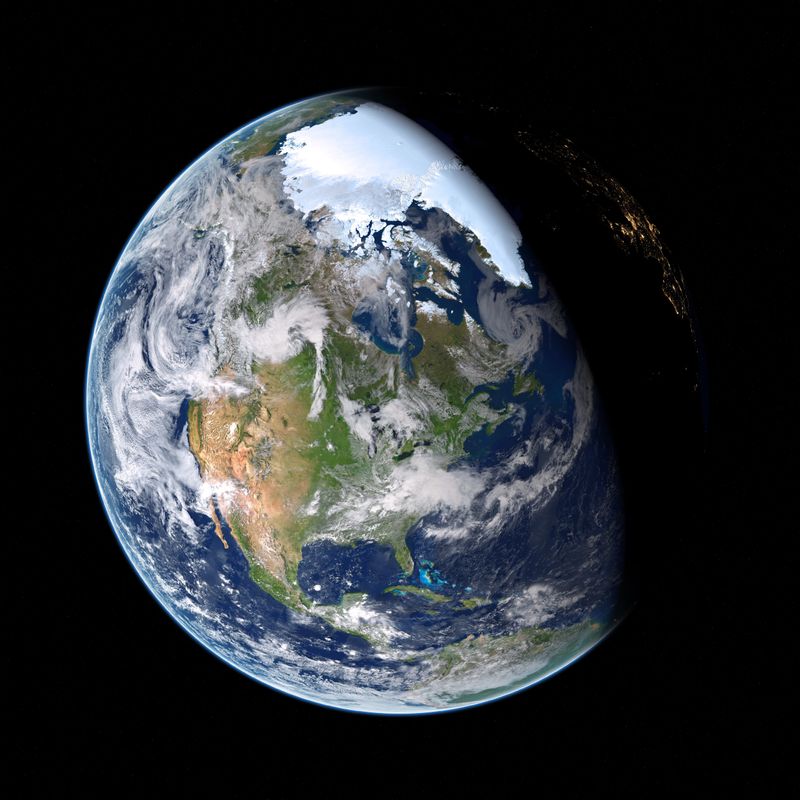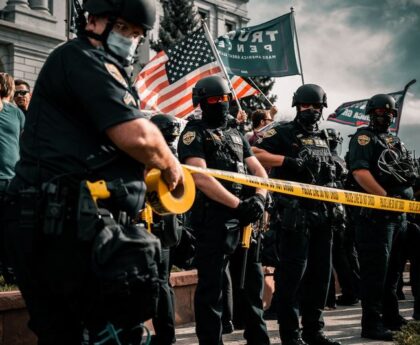The Disruption of African Mediation in the Russia-Ukraine Conflict: What does it signify?
Russian President Vladimir Putin‘s interruption of African leaders seeking to mediate in the Ukraine conflict has sent shockwaves through the diplomatic community. As tensions between Russia and Ukraine continue to escalate, the world is looking to leaders from across the globe to help find a peaceful resolution. The presence of African leaders in this mediation process is particularly significant, as the African continent relies heavily on food and fertiliser deliveries from both Russia and Ukraine. However, Putin‘s lecture to the African delegation raises important questions about the effectiveness of external mediation and the role of African leaders in global conflicts.
The African Initiative and Putin‘s Objections
South African President Cyril Ramaphosa, along with leaders from Senegal, Egypt, Zambia, Uganda, Congo Republic, and Comoros, presented a ten-point African initiative aimed at building confidence and facilitating negotiations between Russia and Ukraine. This initiative includes a call for the return of all children caught up in the conflict, a proposal that Putin vehemently objected to, stating that Russia is not preventing any Ukrainian children from returning home and that they were evacuated from a conflict zone to save their lives.
Putin‘s objections did not stop there. He asserted that the conflict was initiated by Ukraine and the West, and not by Russia. He also placed blame on the West for the rise in global food prices, claiming that Ukrainian grain exports from Black Sea ports were of no benefit to Africa due to their allocation to wealthier countries. Furthermore, Putin emphasized that Russia had never refused talks with Ukraine, but that negotiations were blocked by Kyiv.
The Complexity of External Mediation
Putin‘s lecture to the African leaders highlights the complexities and challenges of external mediation in global conflicts. It raises the question of whether external mediators can truly be neutral and unbiased in their role. In this case, Putin‘s defense of Russia’s actions and accusations against Ukraine and the West demonstrate his vested interest in shaping the narrative and influencing the outcome of the mediation process.
Furthermore, Putin‘s objections point to the underlying power dynamics at play in global conflicts. While African leaders have valuable experiences in managing conflicts, they often lack the political and military leverage that major global players possess. This power imbalance can limit the effectiveness of mediation efforts led by African leaders and raise doubts about their ability to influence the outcome.
The Role of African Leaders in Global Conflicts
Despite the challenges they face, the presence of African leaders in the mediation process signifies Africa’s increasing global influence and willingness to contribute to international peacekeeping efforts. African nations have a history of successfully resolving conflicts through dialogue and negotiations, and their experiences can provide valuable insights and perspectives in global conflicts.
However, African leaders must navigate the complexities of power dynamics and ensure that their efforts are not exploited by major global players for their own agendas. They must assert their independence, maintain a balanced approach, and prioritize the interests of all parties involved in the conflict. By doing so, African leaders can play a crucial role in promoting peace and stability on the global stage.
Editorial and Advice: The Need for Pragmatism and Prudence in External Mediation
The disruption caused by Putin‘s objections serves as a reminder that external mediation in global conflicts is a complex endeavor that requires pragmatism and prudence. African leaders, as well as leaders from other regions, must carefully consider their role in mediating conflicts and be mindful of power dynamics and the potential for manipulation.
While it is important to pursue diplomatic solutions and engage in mediation efforts, African leaders should also prioritize the interests and well-being of their own nations and the African continent as a whole. They must ensure that their involvement in global conflicts does not distract from addressing pressing domestic challenges or compromise Africa’s own security and prosperity.
In conclusion, the disruption of African mediation in the Russia-Ukraine conflict raises important questions about the effectiveness of external mediation and the role of African leaders in global conflicts. It highlights the complexities of mediation efforts and the need for pragmatism and prudence in engaging in such processes. African leaders must assert their independence, navigate power dynamics, and prioritize the interests of all parties involved. By doing so, they can make valuable contributions to international peacekeeping and promote Africa’s global influence.

<< photo by Pixabay >>
The image is for illustrative purposes only and does not depict the actual situation.
You might want to read !
- “Putin’s Power Play: Lecturing African Leaders on Russian Mediation”
- “South African President Urges Peace: Ramaphosa Calls for an End to Ukraine War”
- Russia’s Expanding Influence in Africa: In the Shadows of Mediation
- Rugby League Rundown: Storm Respond to Bellamy’s Criticism with Scary Performance; Hynes Impresses in NSW Audition




